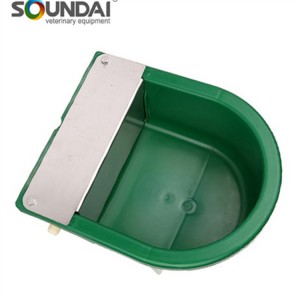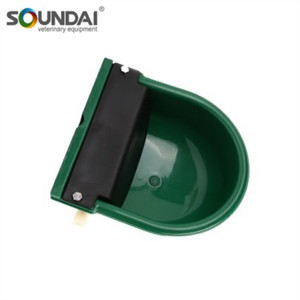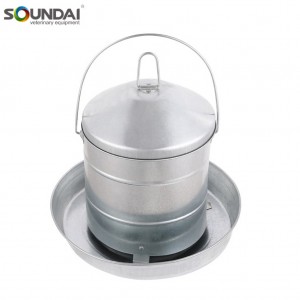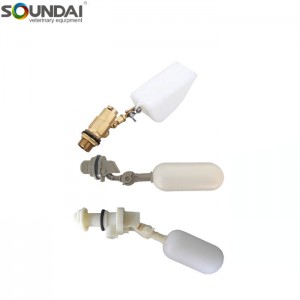Milk is a great source of these nutrients, including protein, carbohydrates, fats, vitamins and minerals. It provides the lamb with necessary energy for daily activities and supports its immune system. Colostrum intake: Colostrum is the first milk produced by the ewe after giving birth. It is nutritious and rich in antibodies, which strengthen the lamb's immune system and protect them from disease and infection. Feeding colostrum to lambs within the first few hours of their life is critical to their survival and long-term health. Transition from breast milk: Gradually, lambs begin to transition from being completely dependent on breast milk to eating solid food. Providing supplementary milk at this stage helps to bridge nutritional gaps and ensure adequate nutritional intake until the lamb is able to rely entirely on solid feed. Orphaned or Rejected Lambs: Sometimes lambs may be orphaned or rejected by their mother, leaving them without a milk source. In this case, hand feeding is crucial to ensure their survival. Bottle feeding allows caregivers to provide the necessary nutrition and care for the healthy growth of the lamb. Growth and weight gain: Regular feeding contributes to normal growth and weight gain in lambs. It supports the development of bones and muscles, making them stronger and healthier. Adequate nutrition in the early stages can promote appropriate weight gain, leading to better overall health and productivity in adulthood. Bonding and Socialization: Hand-feeding lambs creates a bond between them and their caregivers. Close physical contact during feeding promotes trust and companionship, making lambs more comfortable and accustomed to human interaction. This is especially important if the lamb is intended to be a pet or used for agricultural purposes. Survival in challenging conditions: In certain circumstances, such as adverse weather conditions or limited grazing opportunities, lambs may require supplemental milk to meet their nutritional needs. This ensures their survival and prevents malnutrition or stunted growth. In conclusion, feeding lambs milk is vital to their nutritional needs, healthy growth and overall well-being. Whether to fill nutritional gaps, compensate for milk deficiencies, or promote bonding, providing milk is an important aspect of raising healthy, thriving lambs.











